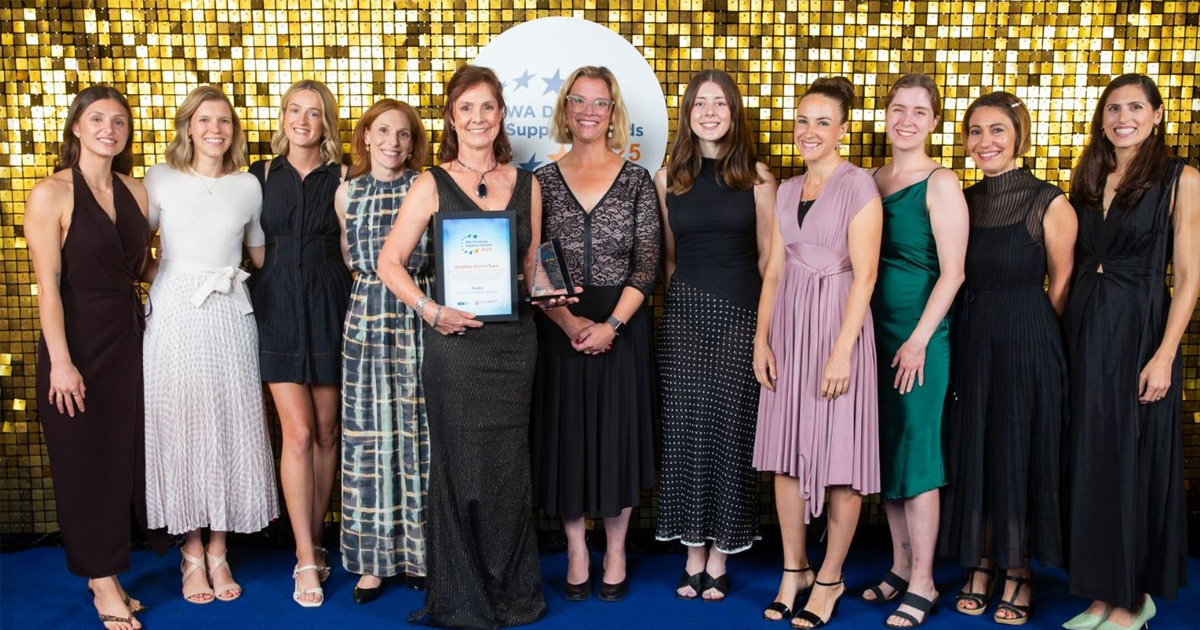Search
Research
The Comprehensive Autistic Trait Inventory (CATI): development and validation of a new measure of autistic traits in the general populationTraits and characteristics qualitatively similar to those seen in diagnosed autism spectrum disorder can be found to varying degrees in the general population. To measure these traits and facilitate their use in autism research, several questionnaires have been developed that provide broad measures of autistic traits [e.g. Autism-Spectrum Quotient (AQ), Broad Autism Phenotype Questionnaire (BAPQ)]. However, since their development, our understanding of autism has grown considerably, and it is arguable that existing measures do not provide an ideal representation of the trait dimensions currently associated with autism. Our aim was to create a new measure of autistic traits that reflects our current understanding of autism, the Comprehensive Autism Trait Inventory (CATI).
Research
The associations between autistic and communication traits in parents and developmental outcomes in children at familial risk of autism at 6 and 24 months of ageSeveral studies have explored relationships between parent broader autism phenotype and offspring communication, and have reported that autistic-like traits in parents are related to offspring communication difficulties and autism severity. However, past research has focused on studying such associations in childhood and we know very little about them in infancy. With accumulating evidence that interventions administered during infancy may be most effective in reducing ASD symptoms, it is imperative to examine whether relationships between parent autistic-like traits and child communication appear even earlier during this critical period of life.
Research
Comorbidities and quality of life in children with intellectual disabilityMany children with intellectual disability live with medical comorbidities. This study examined the impacts of comorbidities on quality of life (QOL) of children with intellectual disabilities and whether impacts varied with caregiver perceptions that medical needs had been met.
Research
Mental health difficulties among trans and gender diverse young people with an autism spectrum disorder (ASD): Findings from Trans PathwaysRecent research highlights an overlap of gender diversity and autism spectrum disorders (ASD); however, data on individuals who are trans and also on the autism spectrum are largely from clinical samples and may not be representative of individuals who are trans with ASD in the general population. In addition, there is scant literature on the mental health of these individuals and their experiences in accessing gender-affirming care.
Research
Analysis of common genetic variation and rare CNVs in the Australian Autism BiobankAutism spectrum disorder (ASD) is a complex neurodevelopmental condition whose biological basis is yet to be elucidated. The Australian Autism Biobank (AAB) is an initiative of the Cooperative Research Centre for Living with Autism (Autism CRC) to establish an Australian resource of biospecimens, phenotypes and genomic data for research on autism.
Research
Do sex hormones at birth predict later-life economic preferences? Evidence from a pregnancy birth cohort study: Hormones at birth and preferencesEconomic preferences may be shaped by exposure to sex hormones around birth. Prior studies of economic preferences and numerous other phenotypic characteristics use digit ratios (2D : 4D), a purported proxy for prenatal testosterone exposure, whose validity has recently been questioned. We use direct measures of neonatal sex hormones (testosterone and oestrogen), measured from umbilical cord blood (n = 200) to investigate their association with later-life economic preferences (risk preferences, competitiveness, time preferences and social preferences) in an Australian cohort (Raine Study Gen2).

News & Events
Researchers at The Kids push back against claims linking paracetamol to autismResearchers at The Kids Research Institute Australia have pushed back against claims by US President Donald Trump linking paracetamol use during pregnancy to autism.

News & Events
Speech Pathology Week at The KidsWe’re currently celebrating Speech Pathology Week at The Kids!

News & Events
The Kids’ clinical autism service wins WA disability awardCliniKids has won the Allied Health Professionals category at the Western Australian Disability Support Awards, announced at Crown Perth on the weekend.

News & Events
World Autism Day: Championing inclusion through research, resources, and supportToday, on World Autism Day, we embrace the theme Celebrating Differences, recognising the unique strengths, perspectives, and contributions of autistic individuals.
